
Dr Antonio Forte
Senior Lecturer in Engineering
- UKRI Future Leaders Fellow
Research interests
- Engineering
Contact details
Biography
Dr Antonio Elia Forte is currently a Senior Lecturer in Engineering at King's College London, where he leads the Reconfigurable and Adaptive Designs Lab (RADlab).
Antonio has a cross-disciplinary background in Computational Mechanics (PhD, 2011 - 2015, Imperial College), Machine Learning & Signal processing (Postdoc, 2015 - 2018, Imperial College) and Applied Mechanics (Fellowship, 2018 - 2021, Harvard University). He is a UKRI Future Leaders Fellow, and a former Marie Curie Fellow. He is also an Associate in Materials Science and Mechanical Engineering at Harvard University.
Research
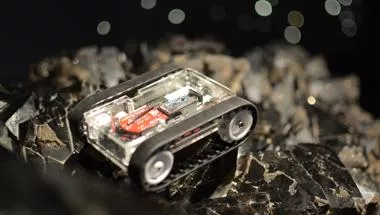
Design & Mechatronics
Fusing mechanical, electrical and control engineering.
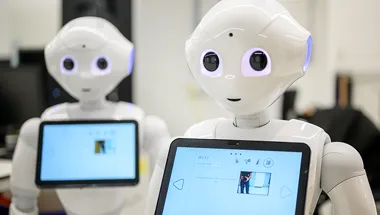
Centre for Robotics Research
The group develops solutions to critical challenges faced in society where robot-centric approaches can improve outcomes.
News
King's Engineering Team win national education excellence award
The multi-disciplinary team of academics, technicians and students have been awarded a Collaborative Award for Teaching Excellence.
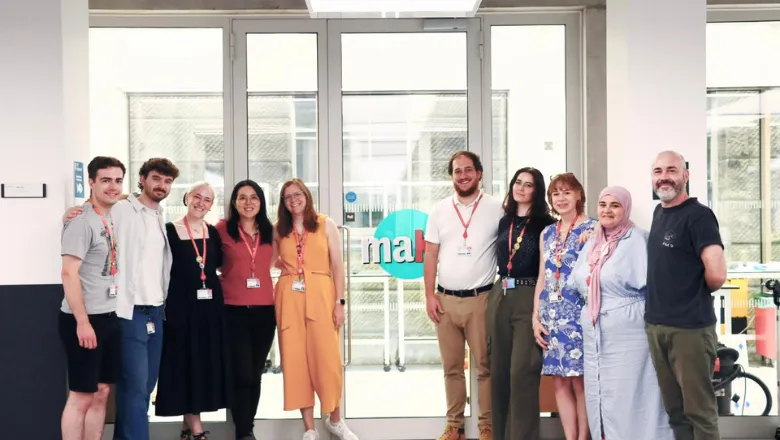
King's gets hands-on with industry at Advanced Engineering
A delegation from the Department of Engineering showed off their latest product to over 400 leading manufacturers.
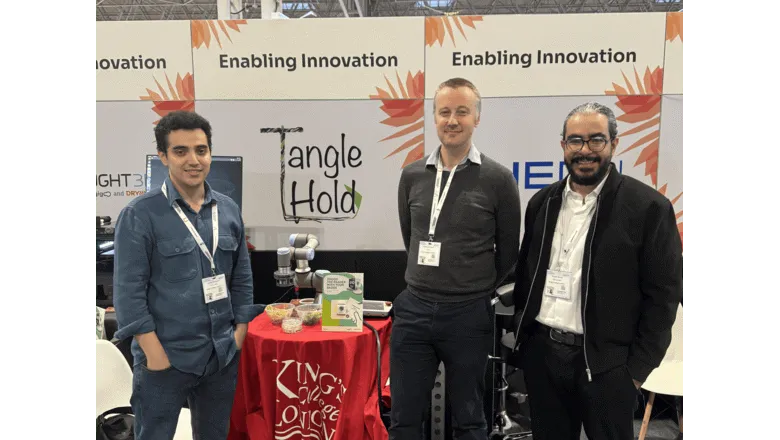
New breakthrough helps free up space for robots to 'think', say scientists
This could lead to the next generation of robots being smarter and more social than their predecessors.
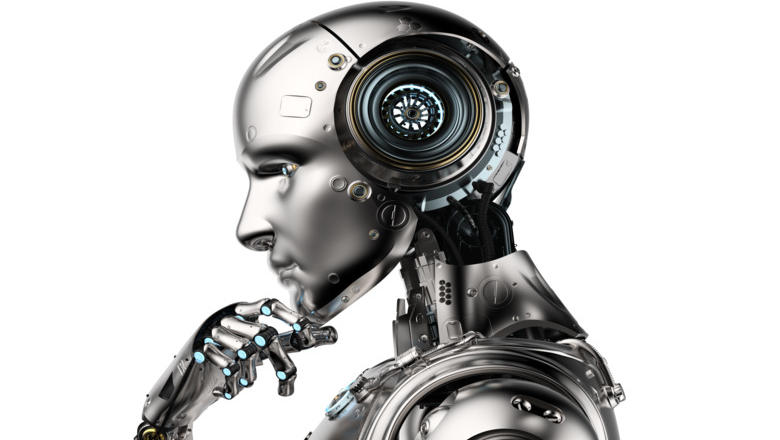
Future research leaders from King's receive prestigious UKRI fellowships
Three academics from King’s have been recognised as some of the UK's most promising researchers in science, having each been named a recipient of the coveted...
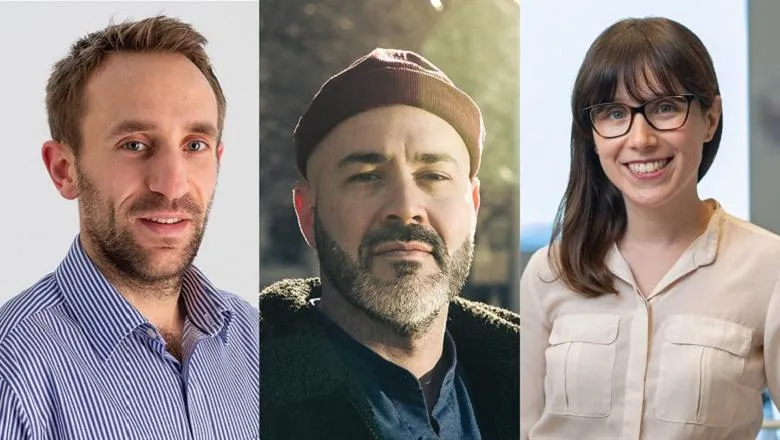
From 2D to 3D - how to inflate shapes via machine learning
Inverse design the material distribution in a membrane to obtain a target shape upon inflation
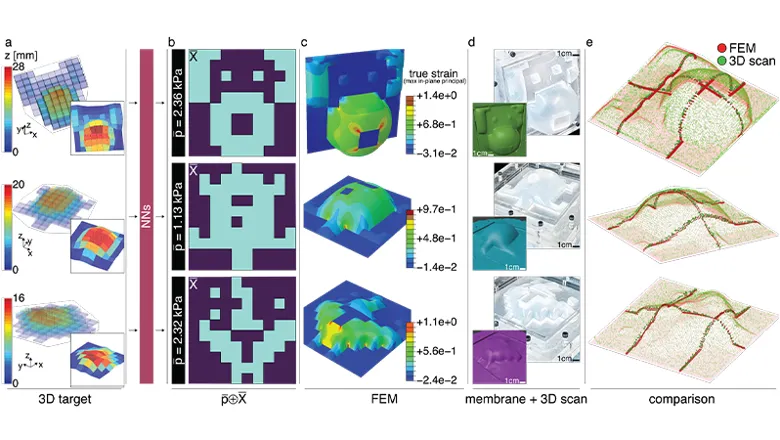
Features
Gripping Success with Both Hands: With Ashkan Rezanejad and Dr Antonio Forte
Engineering PhD student Ashkan Rezanejad and Dr Antonio Forte talk about their latest paper and design innovation in The Weird Gripper company, and how it’s...

We Do Love Nonlinear Science - Stories from the front line of Functionality Through Nonlinearity 2025
Exploring Soft Materials and Bright Ideas at King’s College London

Meet: Dr Antonio Forte
Meet: Dr Antonio Forte

Engineering students learn mechanics, robotics, and controls by making space rovers
Antonio Forte, Lecturer in Engineering, introduces a new Engineering module.

Research

Design & Mechatronics
Fusing mechanical, electrical and control engineering.

Centre for Robotics Research
The group develops solutions to critical challenges faced in society where robot-centric approaches can improve outcomes.
News
King's Engineering Team win national education excellence award
The multi-disciplinary team of academics, technicians and students have been awarded a Collaborative Award for Teaching Excellence.

King's gets hands-on with industry at Advanced Engineering
A delegation from the Department of Engineering showed off their latest product to over 400 leading manufacturers.

New breakthrough helps free up space for robots to 'think', say scientists
This could lead to the next generation of robots being smarter and more social than their predecessors.

Future research leaders from King's receive prestigious UKRI fellowships
Three academics from King’s have been recognised as some of the UK's most promising researchers in science, having each been named a recipient of the coveted...

From 2D to 3D - how to inflate shapes via machine learning
Inverse design the material distribution in a membrane to obtain a target shape upon inflation

Features
Gripping Success with Both Hands: With Ashkan Rezanejad and Dr Antonio Forte
Engineering PhD student Ashkan Rezanejad and Dr Antonio Forte talk about their latest paper and design innovation in The Weird Gripper company, and how it’s...

We Do Love Nonlinear Science - Stories from the front line of Functionality Through Nonlinearity 2025
Exploring Soft Materials and Bright Ideas at King’s College London

Meet: Dr Antonio Forte
Meet: Dr Antonio Forte

Engineering students learn mechanics, robotics, and controls by making space rovers
Antonio Forte, Lecturer in Engineering, introduces a new Engineering module.

